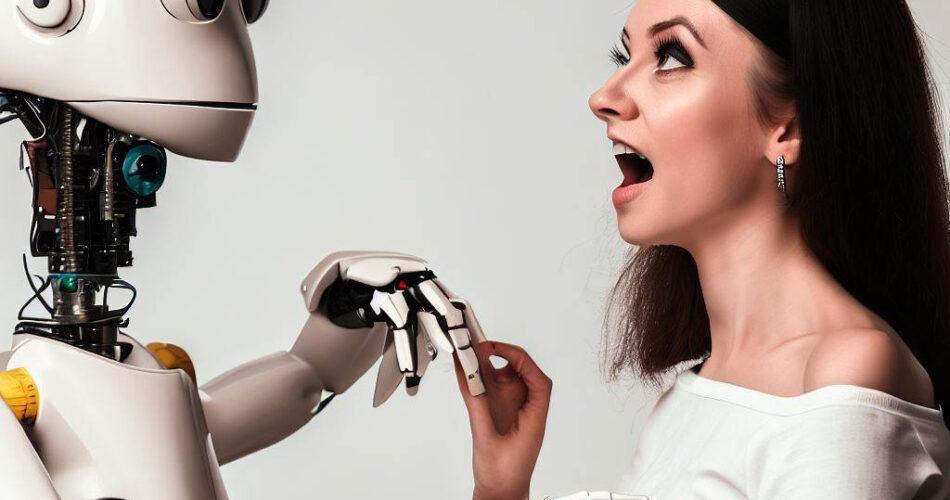Generative AIs could influence our thinking
The effects of employing powerful new AI-driven text and image generators on human creativity, judgment, and decision-making are currently being studied by psychologists and behavioral scientists.
It has been said that GPT and other generative AIs will reduce jobs and boost productivity. Therefore, researchers and programmers are probing, revealing, contrasting, and testing the strengths and drawbacks of these tools. But, there are equally significant concerns about how precisely they might influence our own abilities and skills.
According to this article, there are several concerns regarding how advanced AI may affect human judgment and decision-making as it becomes more likely to be used in the workplace.
Creativity
With its confident but frequently false statements, generative AI, especially those that create images, may have more to offer in fields where one answer isn’t required and a range of possibilities is acceptable or even desirable. In this regard, it might serve as a launchpad for creativity.
Workplace productivity may potentially be redefined by AI, according to Tara Behrend, a Purdue University student of industrial-organizational psychology.
“If anyone can sneeze out 300 words with ChatGPT, maybe saying something original becomes productivity”.
“It is going to produce cliches, and cliches aren’t actually valuable”.
However the criteria for originality or creativity are arbitrary, and it may not be clear what qualifies as creative for both humans and artificial intelligence (AI).
Influence
Our judgments and conclusions can be influenced by others around us.
The question of “What are the social influences that are likely to happen working with ChatGPT?” is a major one as AI becomes more prevalent in the workplace, says Gaurav Suri, a computational neuroscientist and experimental psychologist at San Francisco State University.
“Most people are not using it that way now, but I think that issue is coming”.
Conformism
In the 1930s, social psychologist Muzafer Sherif tested the autokinetic effect to conduct tests on social norms and conformity. If someone is placed in a dark room and shown a light, despite being still, it appears to jump. Sherif asked participants to evaluate how far the light appeared to move both individually and in groups. He discovered that individuals in a group conformed, using the estimations of others to fine-tune their own.
“How does this process change if we interact with an artificial agent in the same way as talking with fellow human beings?”, Suri asks.
“Would that interaction partner change the degree to which people stand behind an idea?”.
Trust
Most people respond that they prefer human decision-making over algorithmic decision-making when asked which they prefer.
According to Chiara Longoni, a behavioral scientist at Boston University, individuals currently appear to have “a general distrust for machines and algorithms”.
However, when asked whether they would rather use algorithmic or human judgment to make specific predictions, people preferred algorithmic advice to human advice, according to Georgetown University’s Jennifer Logg, who cited the findings of several studies by her and her colleagues in an unpublished working paper. The results back up past studies.
How will our perspective of AI alter as a result of interacting with these increasingly intelligent models? asks Longoni.
As Longoni is studying, researchers are also curious about if engaging in co-creation with AI alters how meaningful work can seem and whether a conversation with a chatbot can inspire you as a talk with a colleague might.
If generative AI tools have an impact on critical thinking, then knowing how to interact with them and how to prompt them to provide the information you need should be listed as a new skill for resumes. The brave new world, according to Suri, is about asking how ChatGPT is altering how people react to certain situations.
Humans influence each other and can also be influenced by media. Therefore, there’s no doubt that judgments and decisions can be altered by AI, especially when it’s convincing and talks like a human. We know how wrong the answers by AIs like ChatGPT may be given sometimes but many people take its answers for granted anyway. People can trust their neighbor for fondness and an AI for efficiency but they both can be wrong. That’s why having more psychological skills may help in a world where it’s increasingly harder to distinguish reality from fiction.

